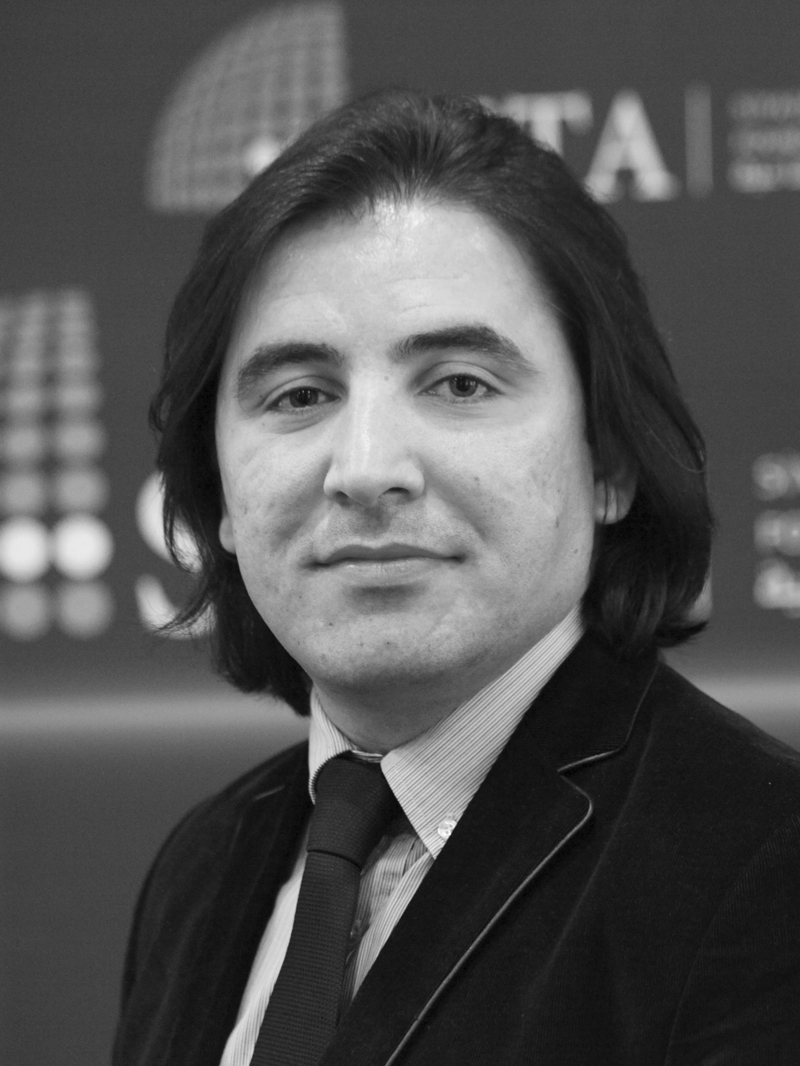In early July, Massoud Barzani, the president of Iraq’s Kurdistan Regional Government (KRG), assembled Syrian Kurdish leaders in Irbil, Iraq, to broker a deal to unite Kurdish groups against the regime of Syrian President Bashar al-Assad. By the end of the conference, the Supreme Kurdish National Council was born to represent Kurds in a post-Bashar al-Assad Syria. Turkey, which did not participate in the conference, initially welcomed the Kurdish unity: With the fall of Assad as the group’s primary goal, one that Turkey shares, unified Kurdish opposition would only hasten the end of the Syrian regime.
However, Turkey’s perception of the Kurdish unity deal shifted dramatically just weeks later, when the Kurds moved to fill the security vacuum left in northeastern Syria after Assad’s forces retrenched in the aftermath of the assassination of several members of his inner circle on July 18. Ankara’s change of heart hardly came as a surprise. The Syrian Kurds’ takeover of state institutions and subsequent flying of the flags of the KRG and the Kurdistan Worker’s Party (PKK) in northeastern cities evacuated by Syrian forces unsettled Turkey, creating a sense of alarm and drawing stern responses from Turkish political leaders.
Turkish Prime Minister Recep Tayyip Erdogan, on his way to London for the opening ceremony of the Olympics, issued threats, saying that Turkey would not remain silent in the event of a new state emerging on Turkey’s borders. In particular, Erdogan left all options on the table to prevent the emergence of a “terrorist entity,” alluding to the opposition Syrian Democratic Union Party (PYD) and its supposed links to the PKK, a Kurdish group engaged in armed struggle against Turkey since 1984. Meanwhile, Turkish Foreign Minister Ahmet Davutoglu visited Irbil, the KRG capital, to convey Turkey’s concern and displeasure with the Syrian Kurds’ moves.
Turkey’s combative response is understandable but counterproductive. A more prudent strategy would involve supporting the Syrian Kurds’ push for a decentralized Syrian political system. Syria’s political realities, the limited nature of the Syrian Kurds’ demands and their conception of the role of Islam in a secular state -- compatible with that of Turkey -- indicate that Ankara would be wise to shift course.
Though Turkey might prefer a centralized post-Assad state, Syria’s political fragmentation makes this increasingly implausible. When the Syrian government inevitably collapses, the country’s Kurds, Allawites and Christians will look for safeguards against a government dominated by the Sunni-Arab majority. Syria’s diverse political factions are likely to find greater stability in a territorially unified but politically decentralized country, unlike the Damascus-dominated government that exists today. If Turkey expects otherwise, it is likely to be disappointed. There is little reason, then, to further strain Ankara’s relations with Syria’s Kurds by rejecting their political demands in pursuit of an unattainable goal.
Furthermore, Syrian Kurds have never demanded the independent state that Turkey purportedly fears. Turkey has stated that the breakup of Syria is its so-called red line, but the Syrian Kurds have never contested the notion of Syrian territorial integrity. In an interview with the BBC, PYD co-chairman Saleh Mohammed Muslim explicitly stated that his party respects Syria’s integrity and demands neither an independent Kurdish state nor a federal one. The PYD merely seeks constitutional recognition of Kurds alongside Arabs as a pillar of Syrian nationality, with all attendant rights, including some form of political self-rule within the country. For an ethnic minority caught up in a bloody civil war, these demands are modest -- making Turkey’s sense of alarm seem out of proportion.
Moreover, the Kurdish view of democracy does not reject liberal secularism -- a novelt









